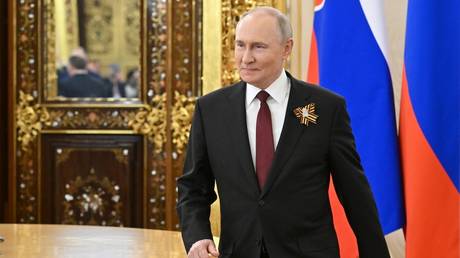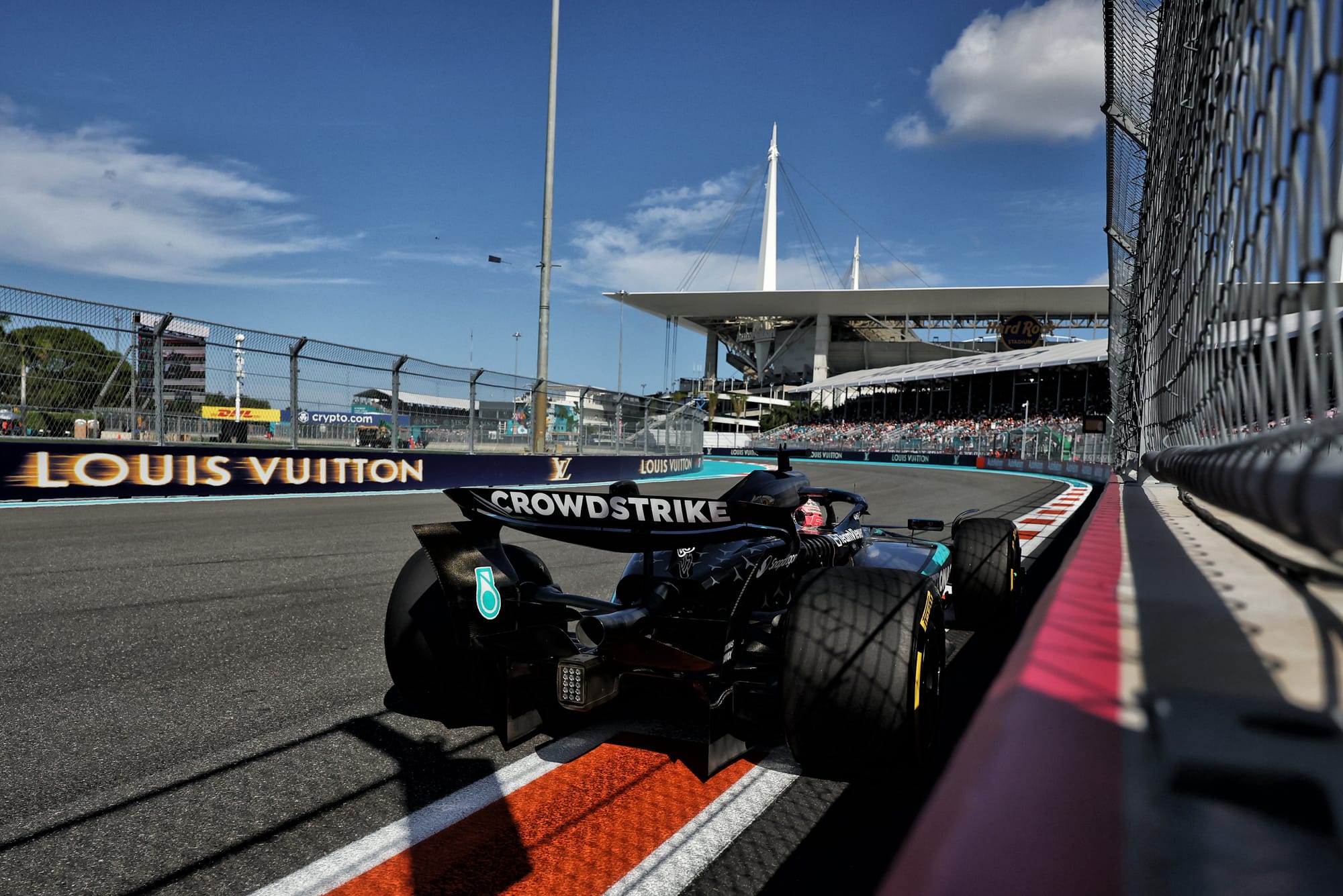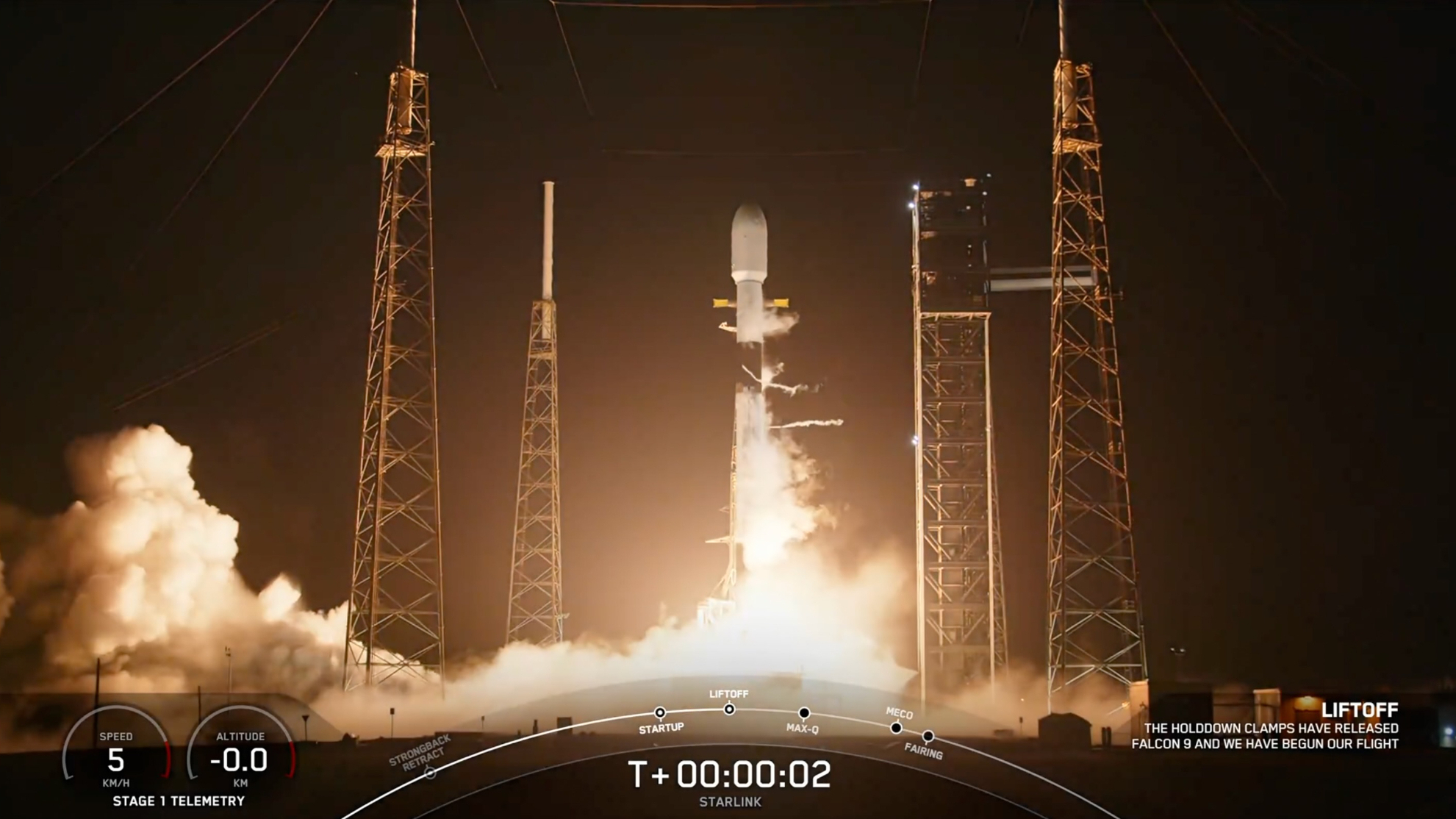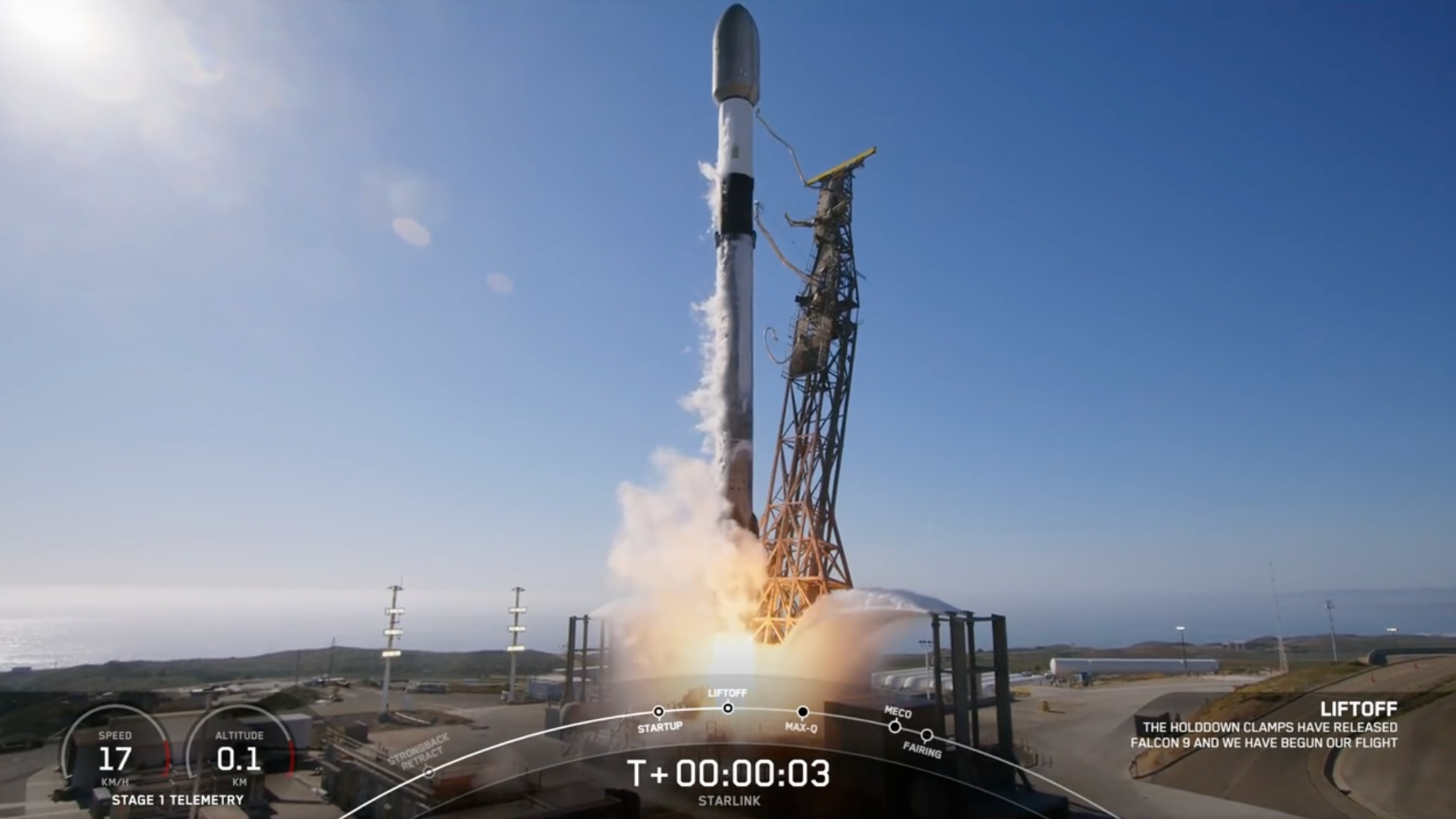Nuclear war is brewing between India and Pakistan — here’s what the world needs to know
As tensions reach a breaking point, war — conventional or nuclear — is becoming increasingly difficult to avoid.

The massacre of 26 tourists in a lovely vale beneath snow-covered Himalayan peaks last month carries implications far beyond the bloodshed. Looming above the carnage is the apparition of nuclear war erupting between two of the world’s nine nuclear powers, on a subcontinent with an aggregate population approaching 2 billion.
Neither India nor Pakistan has conducted a nuclear test since 1998, but they're primed to tip missiles with warheads, or drop them from planes, if the massacre lights the spark that ignites a nuclear holocaust. They've both raised the stakes, with India going beyond missile tests to deadly strikes at what it claims were the hideouts of terrorists in the portion of Kashmir that's held by Pakistan. Pakistan claims to have shot down two Indian warplanes, with Prime Minister Shehbaz Sharif vowing revenge for "an act of war."
India ordered the missile barrage as soldiers, police and civilian agents rounded up at least 2,000 Kashmiris suspected of playing a role, directly or indirectly, in the worst terror incident in years in the hotly disputed region. As tensions reach a breaking point, war — conventional or nuclear — is becoming increasingly difficult to avoid.
One major difference between this and previous episodes of violence is that Pakistan has cancelled an agreement establishing the “line of control” in Kashmir between India and Pakistan. The two sides came together at Simla in the aftermath of the founding of Bangladesh, previously known as “East Pakistan,” which was separated from “West Pakistan” by about 1,800 miles of Indian territory. Pakistan, with the blessing of the American Secretary of State Henry Kissinger, waged a bloody war to preserve its eastern and western sectors as one country. Indian military support against Pakistan was essential in Bangladesh’s victorious freedom struggle.
India and Pakistan have come to blows periodically since then, but last month's attack could have lasting, far-reaching repercussions. Almost nightly, Indian and Pakistani forces exchange fire across the “line of control” as Indian authorities comb Kashmir for suspects. Repeatedly denying anything to do with the massacre, Pakistan has raised the specter of nuclear war in terms that would be foolish to ignore.
“The clash between two nuclear powers is always worrisome,” Pakistan’s defense minister, Khawaja Asif, warned in an interview with Britain’s Sky News. "If there is an all-out attack, then obviously there will be an all-out war." Incredibly, Asif also accused India of having staged the attack in a “false flag” operation, with the implication that India had plotted the entire incident to fool people into believing Pakistan had perpetrated a slaughter that could ultimately lead to war. "We will measure our response to whatever is initiated by India,” Asif said.
Indians whom I contacted, however, are downplaying the likelihood of war breaking out right away. “India and Pakistan are very unlikely to fight a nuclear war,” the founder of the Kalinga Institute of Indo-Pacific Studies in New Delhi, Chintamani Mahapatra, told me. “The deadly outcome of nuclear exchange is known to both parties. ... Notwithstanding nuclear saber-rattling by Pakistan, it would not go to the extent of using nuclear weapons.”
One safeguard for India: “Pakistan knows that India has a large Muslim population,” Mahapatra told me. “It would not use a weapon that could kill a large number of Muslims.” Besides, he said, “The final outcome of a nuclear exchange could result in total obliteration of Pakistan — though the cost to India will be gargantuan as well.”
Indian commentators cite a declassified CIA report, exposed by a Washington nonprofit, National Security Archives, as concluding, “Pakistan sees nuclear weapons primarily as a deterrent and as insurance for its survival if a conflict developed with conventionally superior India.” The logic in the CIA report was simple: “Rapid Indian military improvements would strain Pakistan's ability to remain competitive,” the Indian broadcaster Times Now quoted the report as saying. Pakistan would have to “rely more heavily on nuclear deterrence.”
It was to match India that the Pakistan physicist A.Q. Khan began developing nukes in the 1970s. His research, supported by massive funding, led to Pakistan’s first nuclear test in 1993, nearly 20 years after India’s first test in 1974. Now venerated in Pakistan as “father” of the Pakistan A-bomb, Khan was notorious for exchanging the secrets of nuclear technology with North Korea, Iran and others before dying in 2021.
The violence sparked last month gives testament to the hatred that simmers in Pakistan, an Islamic nation known to harbor terrorist groups. “The hostility between Pakistan and India is one of the longest-standing and most dangerous rivalries in modern history,” the website scientificorigin.com noted. “Born out of the traumatic partition of British India in 1947,” it said, the enmity “has broader implications for regional stability in South Asia, especially given that both nations are nuclear-armed.”
Several years ago I visited Srinagar, the capital of India-held Kashmir, which today has taken on the appearance of a city under siege. Police and soldiers wear body armor and sandbags protect buildings. Is war imminent? A prominent consultant and author, Lakhvinder Singh, doubts it.
“There will be no war,” he assured me. “The incident is too minor to provoke serious escalation.” Singh predicted India’s prime minister, Narendra Modi, “will make some noise for public consumption, but things will calm down.” We can only hope he is right.
Donald Kirk has been a journalist for more than 60 years, focusing much of his career on conflict in Asia and the Middle East, including as a correspondent for the Washington Star and Chicago Tribune. He is currently a freelance correspondent covering North and South Korea, and is the author of several books about Asian affairs.








![Ditching a Microsoft Job to Enter Startup Purgatory with Lonewolf Engineer Sam Crombie [Podcast #171]](https://cdn.hashnode.com/res/hashnode/image/upload/v1746753508177/0cd57f66-fdb0-4972-b285-1443a7db39fc.png?#)




































































